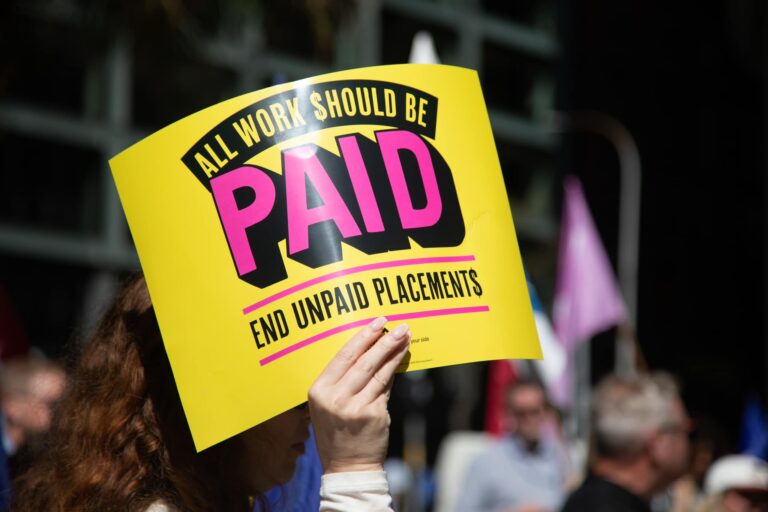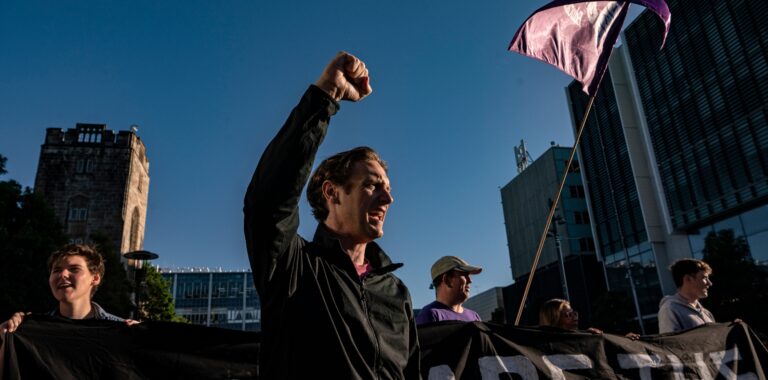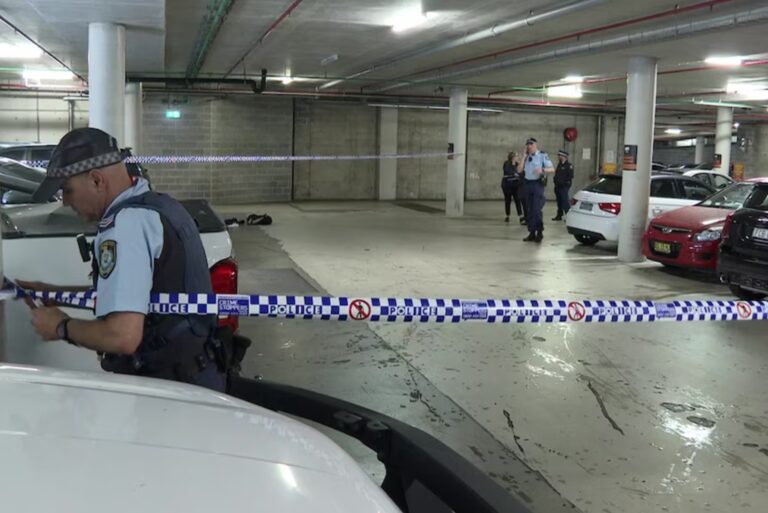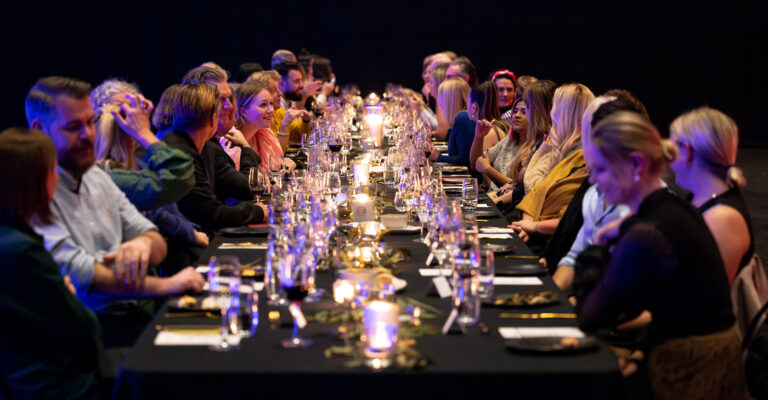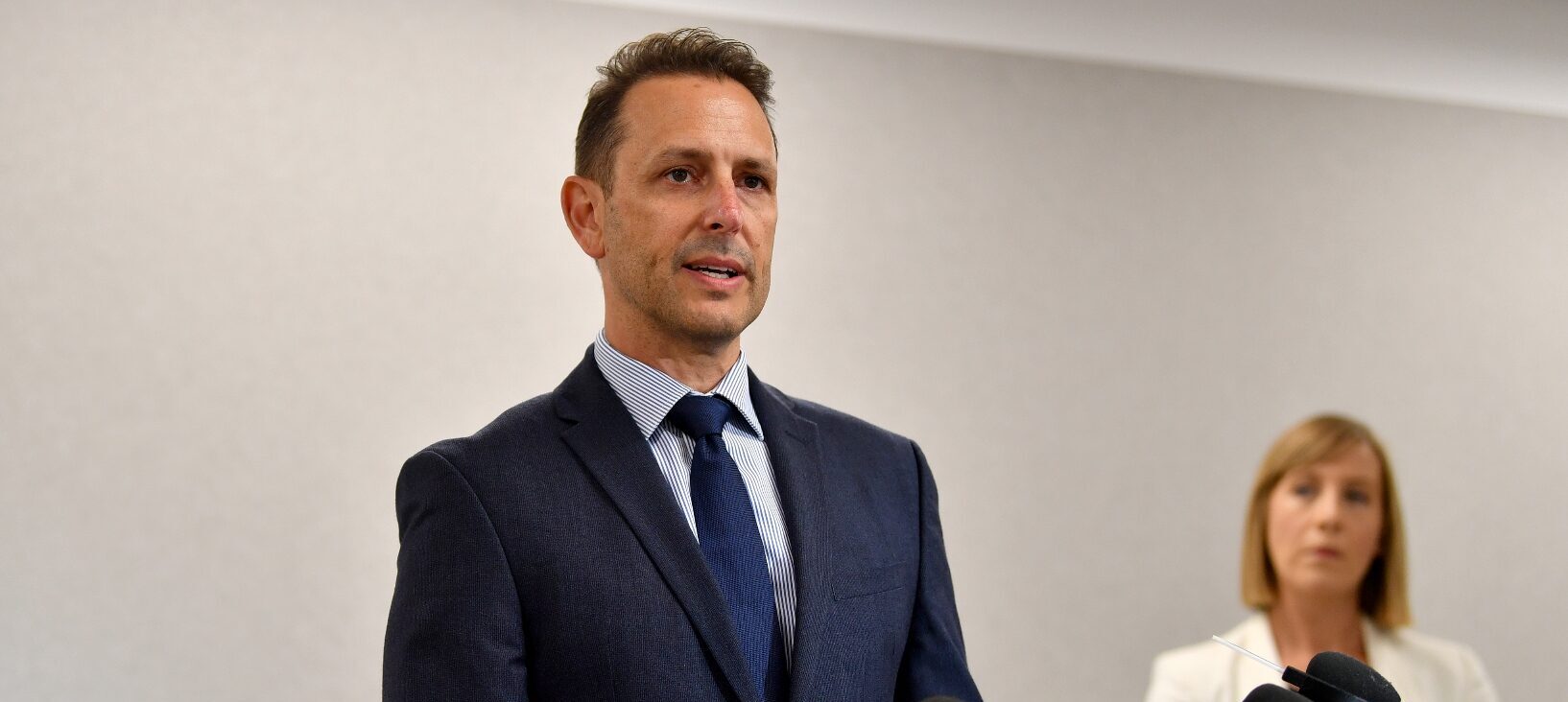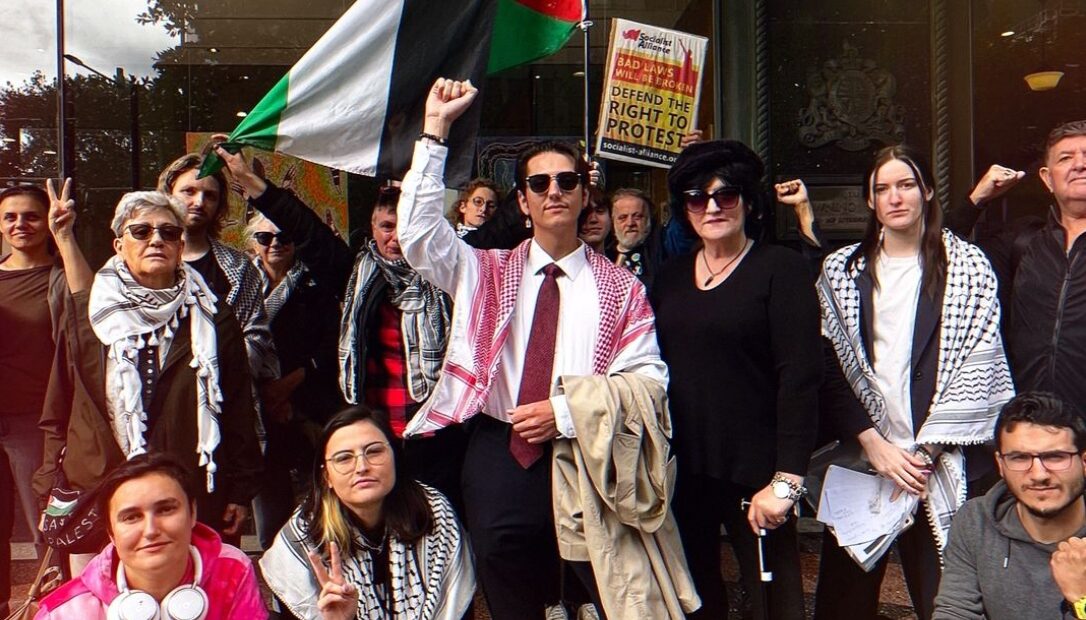
New Greens candidate is farm fresh!

BY CHRISTOPHER HARRIS
You can take the boy out of the country, but can you put the country into the City council?
That will be the question for Lindsay Johnston, the first Greens candidate for the City of Sydney Council Elections to be held on September 10.
The preselected Greens Candidate for this year’s City elections hopes to educate those in the City on how their food is made.
If successful, he will replace Irene Doutney, a long time City resident and member of the Greens.
Unlike Doutney, Johnston is a relative newcomer to the Greens as well as the City, joining the Greens in 2011.
Now a resident of Pyrmont, Mr Johnston was a farmer for decades and now owns his own agricultural business in the CBD.
Based in the Albury Wadonga region for most of his life, in 1996 his farm was seized by liquadators, an event that would see him change careers to help other farmers who had been “shafted” by big banks.
His story was among those featured on a 1997 Four Corners episode which he believes may have formed the basis for the novel and subsequent film The Bank.
The story of corporate greed in an era of privatisation would make Johnston become a warrior for rural families trying to defend their farms and their livelihoods from quick corporate profits.
That chapter is just one in a life with mixed political experience, which has ranged from the Nationals, Trade Unions and most recently the Greens.
Johnston wants to educate those in the City on how food is produced, as well as the growing challenges of Australia’s food supply.
He said Australia needs to have a big think about its R and D.
“We need major research and development in this country so we can find ways of getting chemicals out of agriculture, but that is a huge task.”
He believes his experience makes him uniquely positioned to contribute to City Council, even from his experiences as a young adult. “I grew up on a farm on outskirts of Albury, that was compulsorily acquired by Albury Wadonga Corporation. I know what it is like for all these people going through compulsory acquisitions for the WestConnex. It is a most unpleasant feeling, when everything you have worked for is being tipped on its head.”
It was the regulations faced by farmers that forced Johnston to try and make a difference by joining the Nationals in 1975. It seems odd that someone who joined the Nationals is now a member of the Greens. Reflecting on it, Johnston says he became disillusioned with what the party stood for, saying political deals meant that it usually benefited the big end of town.
“The nationals looked after the big guys, and the little guy got screwed. That did not sit well with me. In the end I wanted to see enough reform, I wanted to give everyone a fair chance. I didn’t think The Nationals stood up for a fair go.”
When he was a member, he said the party was not sufficiently socially progressive for him. “The policies they had then were way behind the eight ball. Take today, they are behind on marriage equality, but back then, they were even opposing Fraser about allowing refugees in the country, I can remember the rhetoric that was being chucked around at sub branch meeting and I just didn’t sit comfortably with it. They like a very mono-population white Caucasian population, and they didn’t want to see too much diversity in rural and regional Australia.”
Through a friend, Johnston then became interested in Labor politics. While he never joined the Party as a member, he did join the Federated Miller’s and Mill employees association.
Now, Johnston blames the privatisation of the Commonwealth Bank under Paul Keating as responsible for the profit seeking behaviour of banks in the 1990s.
“I was not impressed with Keating’s economic policies, I thought the sale of the Commonwealth Bank was absurd. I thought to sell such a rich and valuable public asset for $3 a share was absurd.
“When it acquired the Commonwealth Development loan book, it became a major shafting bank.
It was a similar process that meant his debt was onsold to creditors who foreclosed on his loan and locked him out his farm. When the bank took his farm they said he was “a nutter” because he wanted to farm sustainablly and try and keep carbon in the soil.
Now, he says these are the policies the Federal government is encouraging.
“Backward thinking people will always be behind in their thinking, and those that gave banks advice, and those that sat in the chair of bankers thought they had some agribusiness knowledge, really had no idea about how to make agriculture sustainable for the future, and it was a costly process, I invested a lot of money, moving toward moving toward a sustainable farming enterprise.”
While not a conservative, Johnston is very much a conservationist.
He wants to see more social justice in the City of Sydney, and names homelessness and affordable housing as among his top priorities.
He thinks that council has dropped the ball on certain parts of the City. So dissimiliar to his own childhood, when he sees children living in massive strata buildings, he thinks it is the City’s job to provide those kids with playing fields.
